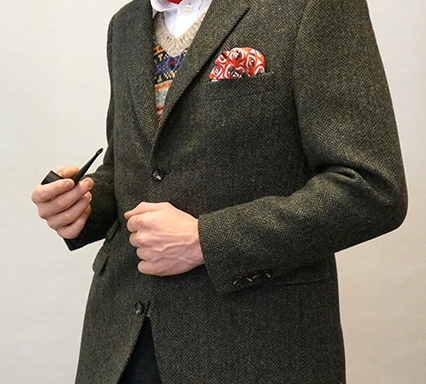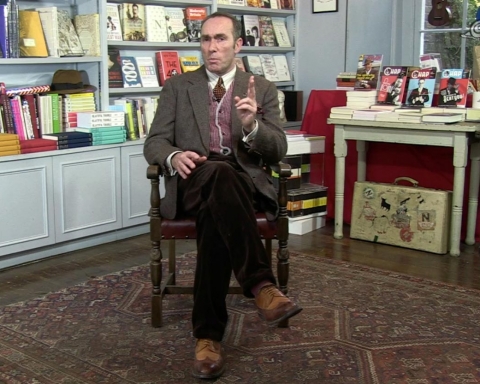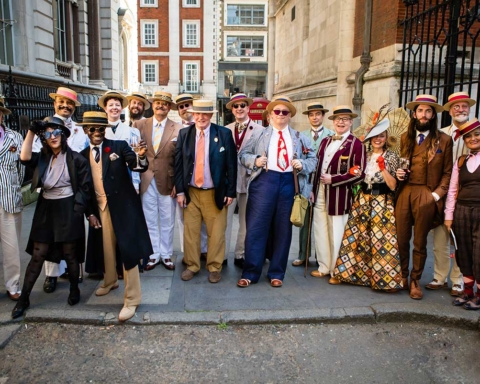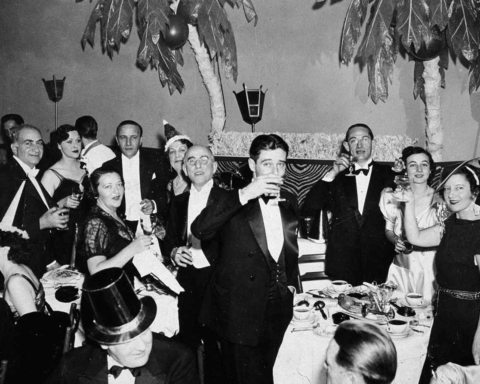 Modern youngsters are eschewing the handshake as the customary greeting and parting gesture. They are replacing it with a casual wave, a hug or by touching fists – in a nod to the tradition held by the rap musicians they listen to. The custom of shaking hands dates back to medieval times, when it was used as a peaceful greeting between knights; the open hand showed they were not holding any weapon.
Modern youngsters are eschewing the handshake as the customary greeting and parting gesture. They are replacing it with a casual wave, a hug or by touching fists – in a nod to the tradition held by the rap musicians they listen to. The custom of shaking hands dates back to medieval times, when it was used as a peaceful greeting between knights; the open hand showed they were not holding any weapon.
A poll revealed that 74 per cent of adults shake hands less often than they used to, while only 45 per cent of the under-25s do so. The chief objection is on hygienic grounds. Touching another’s palm is seen as an opportunity for diseases such as the Ebola virus and porcine influenza to spread.
The research was carried out by Dr David Holmes of Manchester Metropolitan University, who called for the handshake to continue: “In our evolutionary past, touch was the foundation of families and civilised coexistence, helping to reduce stress, violence and dissent. As a type of ritualised touching, the handshake is one of the few forms of public physical contact that still survives today.”
Dr Holmes had noted six types of handshake that could be used to identify the personality traits of the shaker. They include the ‘Shake and Smacker’, as used by television interviewers, where the handshake is the initial contact to be followed by a kiss between the two. The ‘Single Sting’ is favoured by world leaders – a quick, formal shake which may seem terse but allows a lot more hands to be shaken in rapid succession. Then there is ‘The Back Slapper’, where the handshake is accompanied by a simultaneous clap on the back. This is favoured by celebrities and can have a patronizing air.
Criminals will use a handshake as a method of displaying dominance over an accomplice. The handshake is a tad too firm and held far too long, indicating that the shaker is not to be messed with, “or else”. For those who want to make a gesture of defiance, there is also ‘The Snub’, where a proffered handshake is not met by the other person at all.
The Chap says: turn to the nearest person to you immediately and shake their hand, be they man, woman, child, invalid or foreigner. The only people one should not shake hands with are the staff, for fear of encouraging familiarity.








